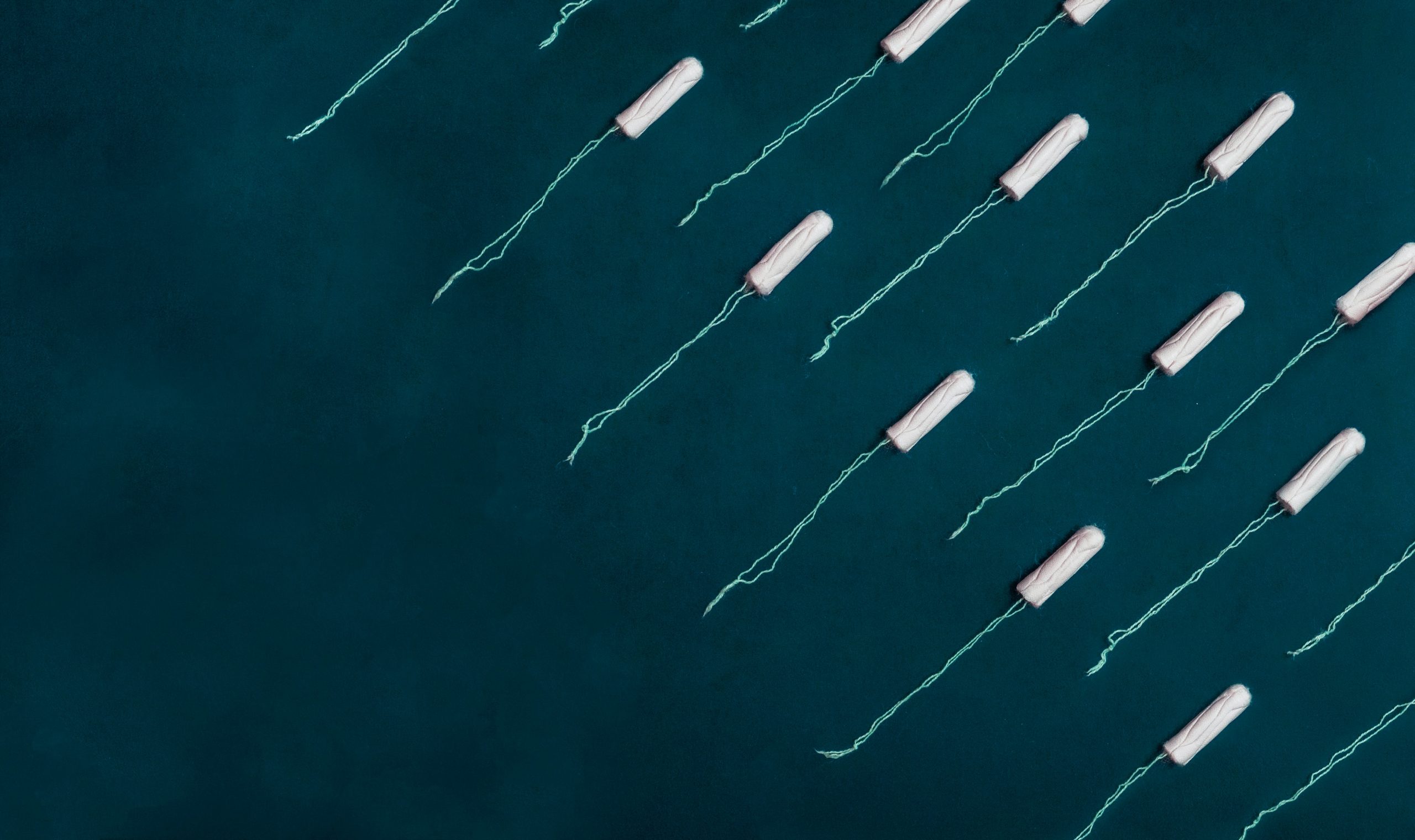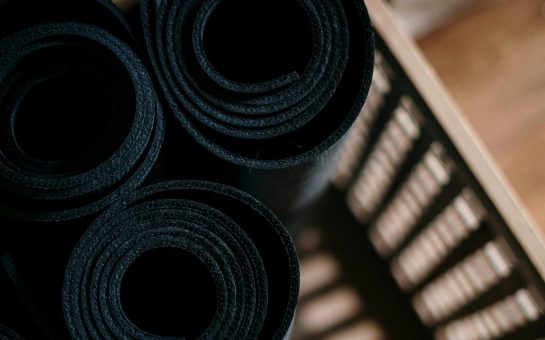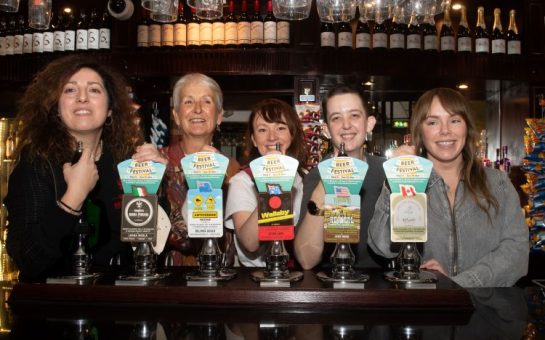By Emma Lindsay
August 13 2020, 12.00
Follow @SW_Londoner
It probably goes without saying that we all learned something new about ourselves in the time of lockdown. With new challenges came new discoveries, new strengths, new depths.
But as groups of women are once again able to meet over a bottle of wine and discuss the trials and surprising highlights of the last few months, a theme of discovery has been emerging.
It seems many women have been coming face to face, for the very first time, with the intricacies of their menstrual cycles.
As surprising as it sounds, becoming familiar with our cycles and learning to anticipate and accept the daily changes they bring is something many of us have only found the space to do in the months of lockdown.
Dr Shirin Lakhani, an intimate health specialist at Cranley Clinic explained how the pre-Covid modern life may have previously detached us from our natural biorhythms.
Dr Lakhani said: “The everyday treadmill of life sees our bodies have to cope with stress, tiredness and fatigue from late nights and early starts, not to mention long days at work.
“All of these things affect our ability to connect with and be aware of our natural cycles.”
Dr Lakhani added that lockdown has given many women the time to notice subtle changes that they may have missed ordinarily.
She said: “Life slowing down can enable some women to notice their changes in mood, temperature and skin during different times of their menstrual cycle, something that women were very accustomed to historically but that may have got lost in recent generations due to the business of daily life.”
Beyond the opportunity to notice the changes taking place, for many women, working from home has provided the freedom to cater to their body’s needs in an intuitive way.
Emily Parker, founder of QuarterLife, an online magazine for millennials, found the very position of where she was working was one of the ways she could respond to her varying energy levels.
Miss Parker, 28, said: “I can track it by where I want to work with my laptop. I’ll be on a stool or at the table in weeks before ovulation. But then I always know when it’s the darker side of my cycle because I want to be horizontal under a blanket with my laptop on a cushion.”

Miss Parker counts herself amongst the women who have only recently discovered just how impactful her cycle is on many aspects of her life.
She said: “It’s super shocking. It’s sort of: how could I have ever missed this? How didn’t I know how fundamentally huge the impact is on my life?”
And it is shocking.
Shouldn’t we all know and understand the nuances of this natural, powerful and regular occurrence in our lives?
In the introduction of her bestselling book Period Power: harness your hormones and get your cycle working for you, Maisie Hill points to the taboo around periods and the lack of education around menstruation as the culprit and calls for society to change its attitude.
She also calls on women to take charge of this situation, and not let the societal taboo around menstrual blood prevent them from being able to take care of themselves.
Ms Hill encourages women to talk about their experiences as well as getting to know themselves and their cycle as an act of defiance and independence.

And it does seem that isolation and distance have given many women the encouragement to do just that.
The Clue app, designed to help women track their periods and ovulation as well as understand how their body works has seen changes in usage patterns since lockdown began.
Where they typically see spikes of engagement and interactivity on Monday, and very little over the weekend, they have seen more consistent and thorough tracking while people stayed home, with no obvious fluctuations throughout the week.
Sarah Toler, doctor of nursing practice and science writer at Clue is really encouraged to see the increase in engagement in the app.
Ms Toler said: “It can help you understand changes in your energy levels, sex drive or even your sleeping patterns as hormones have an impact on all of these things.”
However, Ms Toler said an increase in interest in cycle tracking is not specific to lockdown, as the total number of users has more than doubled in the last four years to over 12 million active users.
She said: “This could be due to increased awareness about the benefits of cycle tracking, or the increase of femtech products – there’s no way of knowing for sure.
“What we do know is that interest is growing.”
Typically, women start to really engage with and learn about their cycle and the physical process of ovulation and menstruation when they are trying to conceive a child.
However, women are discovering that there is much to be fascinated with even if starting a family feels light years away.
Miss Parker of Quarterlife said: “I went away over the weekend with three women in their 20s, basically every conversation I had was about periods. Everybody feels the same. It’s the sort of thing women can talk about all day long.”
Beyond the physical symptoms, women are realising how much it impacts their relationship with themselves.
Miss Parker said: “The talk is much more about how hard body image is to predict, energy levels and feeling really down on ourselves sometimes.”
She continued: “Pretty much every woman I’ve ever met is quick to blame herself for everything, but if you remove that lens and look at the situation objectively, clearly it’s the hormones.
“And that’s why we’ve all been so shocked but also why we’re all so keen to talk about it, because maybe it’s not all our fault.”
One place women can go to talk about their physical and emotional symptoms are workshops and courses run by women’s health specialists.
Natasha Richardson, medical herbalist and author of Your Period Handbook runs one such course in the form of thirty-minute webinars and saw a large increase in the number of people attending her courses since the start of lockdown.
Ms Richardson echoed the idea that understanding you cycle could play a role in lessening blame and damaging self-talk in the darker times of the month.
Ms Richardson said: “The biggest benefit people feel is they don’t beat themselves up, and instead embrace those rest days as an opportunity to refill their tanks rather than battle on through.”
With a host of both physical and emotional benefits to tracking and understanding menstrual cycles and the impact our hormones have on our day-to-day life, hopefully this extended break from the treadmill and rat-race can provide an opportunity for women to get to know and accept themselves that little bit better.




